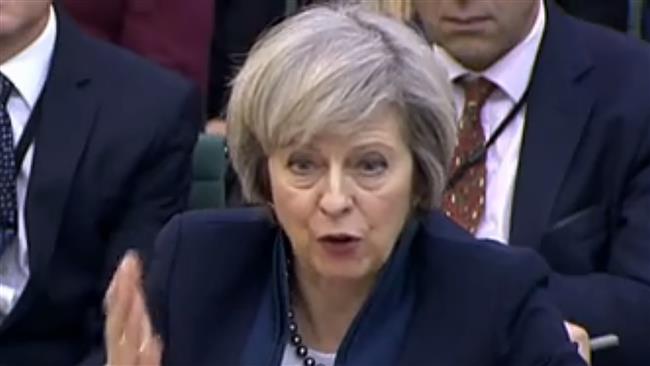Brexit: Britain to pay former EU workers over 62 billion dollars in pensions
Britain could be forced to pay former EU workers over 62 billion dollars in pensions as soon as Prime Minister Theresa May begins the official two-year Brexit negotiation process. According to a report titled “Brexit: Six months on,” London could still be forced to pay the pensions of former workers of the European Union until 2030 despite Brexit.
The author of the, report Professor Iain Begg, from the LSE’s European Institute, has warned that contributions to the EU will be the most “toxic” issue during upcoming Brexit talks. “…the German Finance Minister has hinted that such payments could last until 2030, although beyond 2023 any lingering payments would be small, so his warning is exaggerated. These are transitional problems which will gradually fade, although the UK could remain liable indefinitely for a proportion of the pensions of former employees of EU institutions…,” Professor Begg noted.
He described the upcoming Brexit negotiation process as “fractious”, warning that issues such as migration, trade and single market are likely to become “high-profile politically. “All these issues will be part of the Article 50 negotiations. While the implications are relatively insignificant in macroeconomic terms – the question of who pays for a few billion of pension liabilities is trivial compared to broader issues relating to the single market, trade, the City and migration – there is obvious potential for these issues to become high-profile politically, further complicating an already difficult negotiation. Moreover, in 2018 the rest of the EU will start negotiations on its next seven-year budget deal, a process that invariably becomes very fractious,” Professor Begg underscored.
Back on June 23, Britons voted to leave the European Union by a slim majority. Over half of voters in the EU referendum (51.9%) chose to leave the European Union. British Prime Minister Theresa May is expected to trigger Article 50 by March 2017. Article 50 of the Treaty of Lisbon includes the provisions for countries that want to leave the European Union. It is unclear whether May can trigger Article 50 without permission from parliament. May insists she can pull Britain out of Europe without MPs’ consent – but campaigners say it is a decision for the whole of Parliament. The UK Supreme Court case is expected to issue a verdict on the case in January 2017.
Presstv





